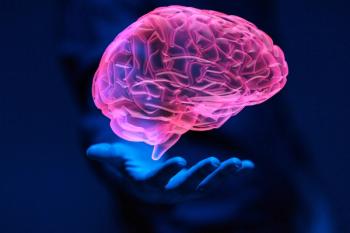
Exciting research ideas are stirring at the ACNP 2023 Annual Meeting.

Exciting research ideas are stirring at the ACNP 2023 Annual Meeting.
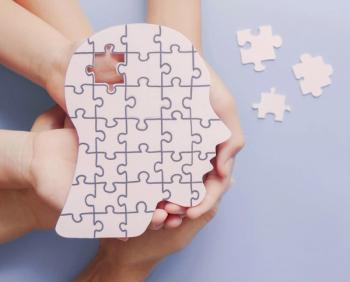
Check out these brief summaries on cognitive impairment in schizophrenia from an excellent session at the ACNP 2023 Annual Meeting!
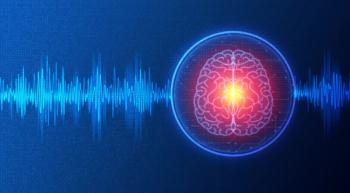
DBS in psychiatry: What challenges stand between this treatment and success? Alik Widge, MD, PhD, shares more at the ACNP 2023 Annual meeting.

Research demonstrates a seasonal trend associated with stroke onset. More strokes occur between November and February than any other time period. Due to the holidays and other events, these months can be stressful and disrupt usual routines. Overeating, excessive alcohol intake, physical inactivity, and sleep deprivation frequently accompany the holidays and can increase risk for stroke. Clinicians can educate and provide strategies to effectively navigate the holiday season and potentially reduce risk for stroke.
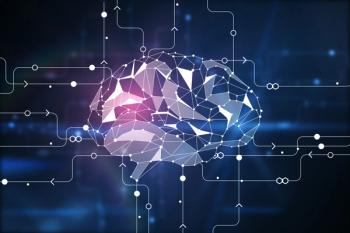
Did you catch the President's Plenary at the ACNP 2023 Annual Meeting?
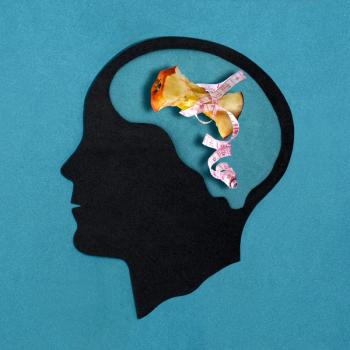
Don't miss this ACNP 2023 Annual Meeting session!
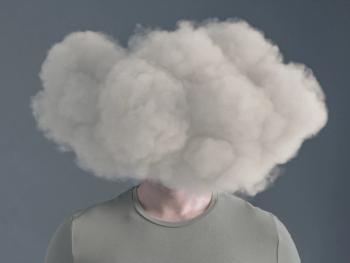
TMS for the treatment of neuropsychiatric symptoms in patients with long COVID appeared to improve their cognitive function and symptoms of depression.

From neurological abnormalities in first-episode psychosis to psychiatric boarding in emergency departments, here are highlights from the week in Psychiatric Times.
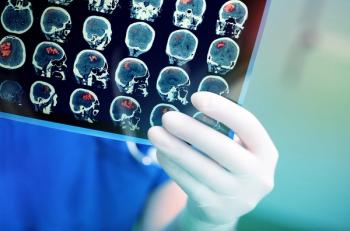
To image or not to image? Researchers performed a systematic review and meta-analysis of neuroradiological abnormalities in first-episode psychosis.

New positive data for brexpiprazole, the first and only treatment approved to treat agitation associated with dementia due to Alzheimer disease.

From sleep and neuroendocrine function following TBI to new phase 3 results from a clinical trial evaluating a promising new schizophrenia treatment, here are highlights from the week in Psychiatric Times.

Sleep and neuroendocrine function are disrupted following TBI.

From deep brain stimulation for treatment-resistant schizophrenia to a look at the potential trajectory of artificial intelligence in psychiatry and medicine, here are highlights from the week in Psychiatric Times.

What is new in research on TMS?

What is new in research on schizophrenia?

Concurrent treatments targeting eating disorders and PTSD are needed to help these patients with complex conditions.

From connections between cannabis use and schizophrenia to some non-psychiatric medications that may worsen symptoms of major depression, here are highlights from the week in Psychiatric Times.
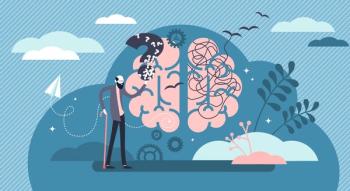
The drug’s developer announced that the FDA has made 2 clarifying revisions.

From the efficacy of adjunctive TMS for treatment-resistant major depression to a look at adult ADHD, here are highlights from the week in Psychiatric Times.

What is new in research on psychiatric care for Latinx patient populations?
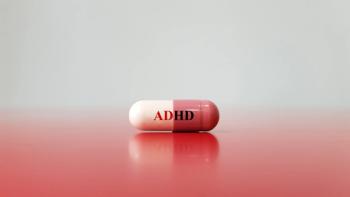
"The history of psychiatry is a history of fads in theory, diagnosis, and treatment. Such rapid shifts in conceptualization—such as the emergence of the concept of adult ADHD—almost always warrant informed critical examination."

“Our findings might inform PTSD pathology, treatment plans, and future disaster-response strategies.”

What is new in research on attention-deficit/hyperactivity disorder?

From new research on psilocybin as a treatment for MDD to new FDA approvals for ADHD and BED, here are highlights from the week in Psychiatric Times.
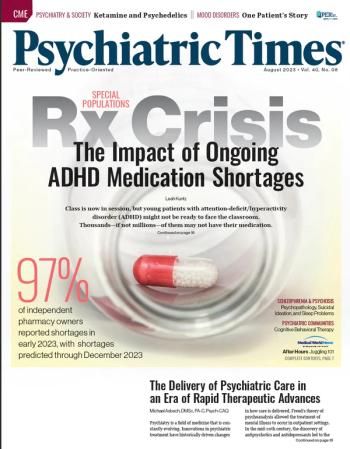
The experts weighed in on a wide variety of psychiatric issues for the August 2023 issue of Psychiatric Times.